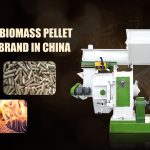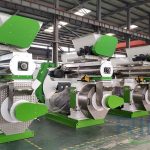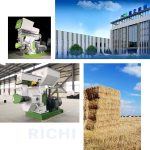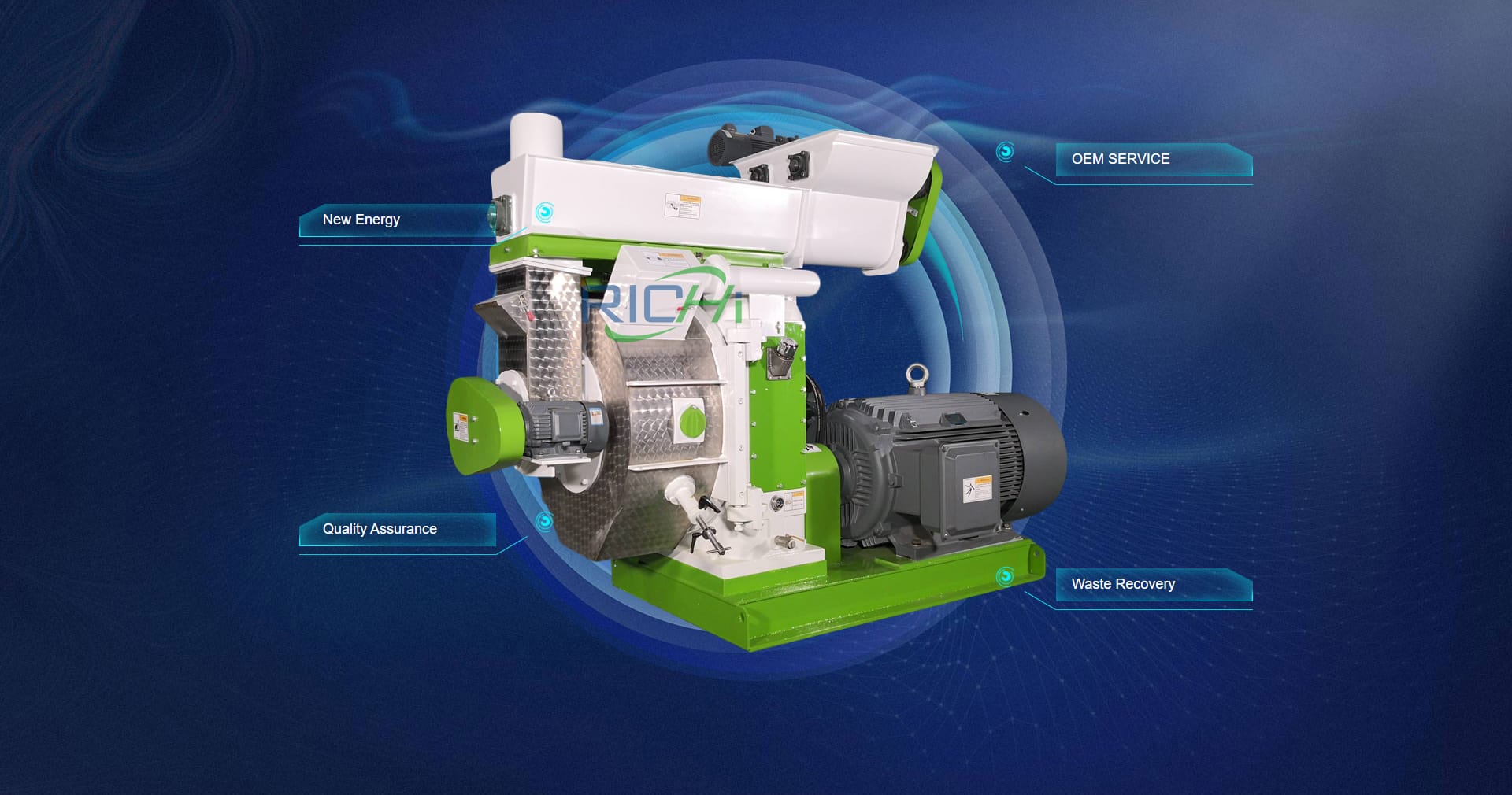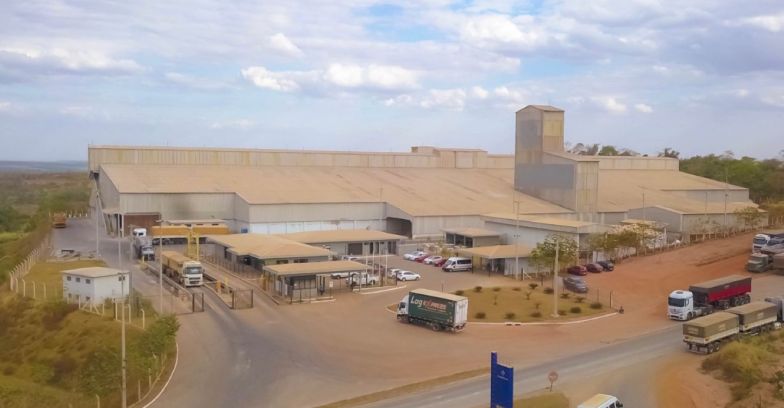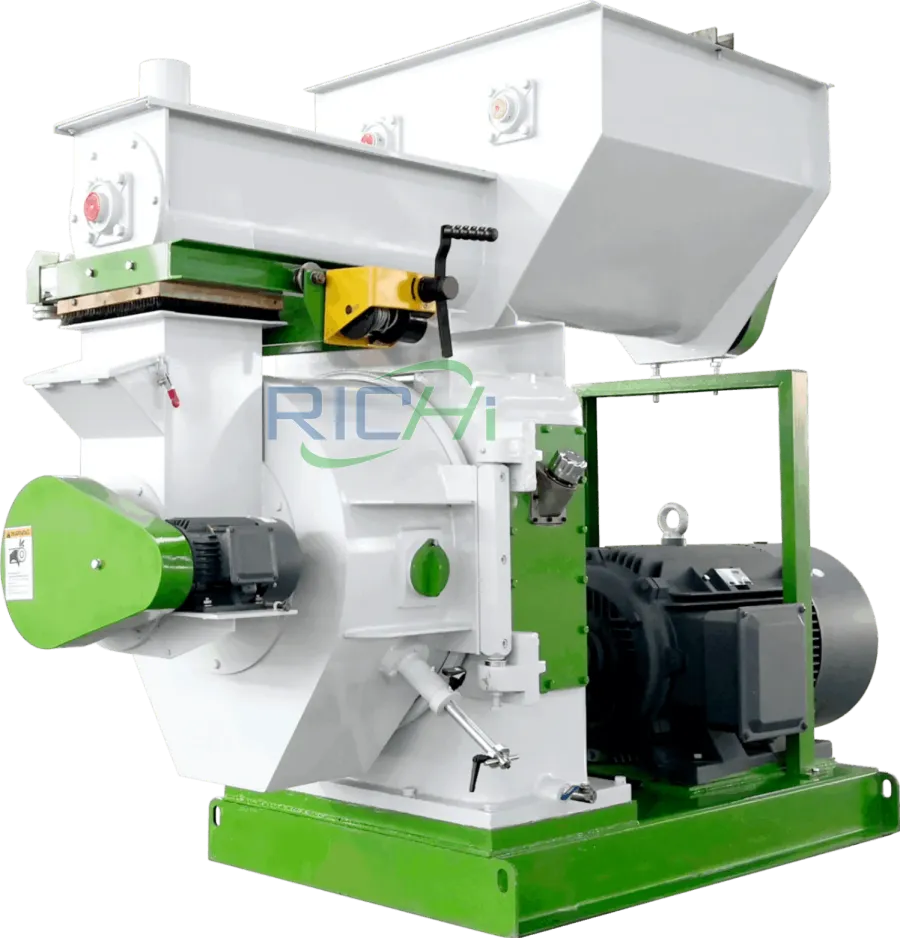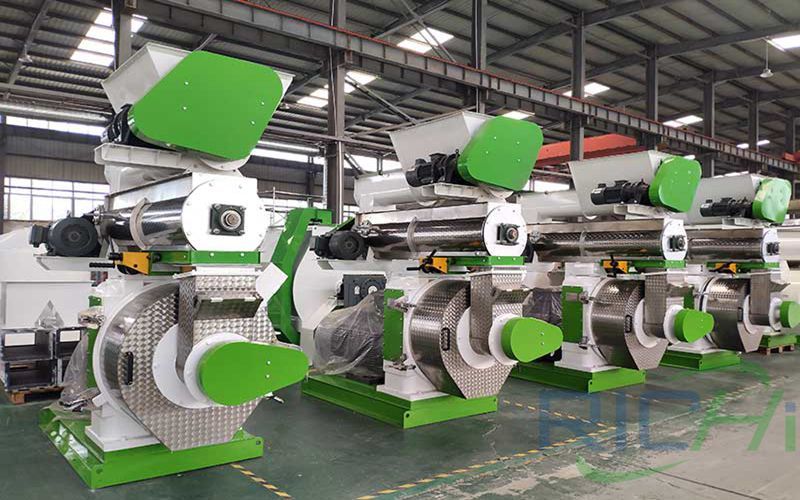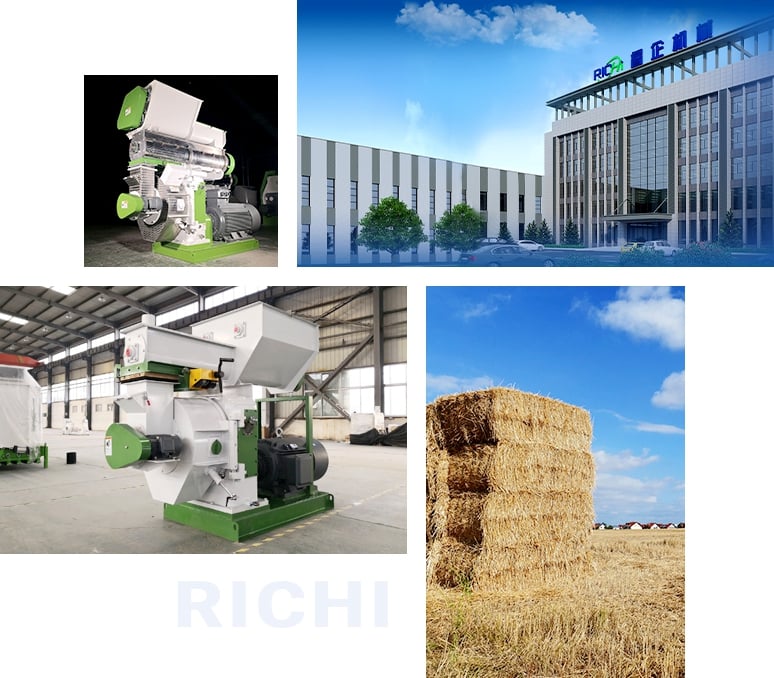In the ever-evolving landscape of sustainable agriculture and waste management, innovative solutions are crucial for addressing the challenges posed by the growing global population and the need for environmentally friendly practices. One such solution that has gained significant traction is the organic fertilizer pellet mill, a specialized equipment designed to transform organic waste into nutrient-rich fertilizer pellets, promoting sustainable farming practices and contributing to a circular economy.
The Importance of Organic Fertilizers Organic fertilizers play a vital role in promoting sustainable agriculture by providing essential nutrients to plants, improving soil structure, and enhancing microbial activity. Unlike chemical fertilizers, organic fertilizers are derived from natural sources, such as animal manures, plant residues, and composted materials, making them an environmentally friendly and renewable resource. The benefits of organic fertilizers include:
- Improved Soil Health: Organic fertilizers enhance soil structure, water-holding capacity, and microbial activity, promoting long-term soil fertility and reducing the risk of erosion.
- Reduced Environmental Impact: Organic fertilizers do not contribute to water pollution, soil acidification, or greenhouse gas emissions, making them a more environmentally friendly choice.
- Increased Crop Resilience: Plants grown with organic fertilizers often exhibit increased resistance to pests, diseases, and environmental stresses, leading to improved crop yields and quality.
- Nutrient Cycling: Organic fertilizers contribute to the natural cycling of nutrients within the ecosystem, reducing the need for external inputs and promoting a more sustainable agricultural model.
The Role of Organic Fertilizer Pellet Mills Organic fertilizer pellet mills play a crucial role in transforming organic waste into a valuable resource – nutrient-rich fertilizer pellets. These specialized machines are designed to handle a wide range of organic materials, such as animal manures, crop residues, food waste, and composted materials, ensuring efficient and reliable pellet production.
The typical workflow of an organic fertilizer pellet mill includes the following key stages:
- Raw Material Handling and Preparation: Collection, sorting, and preprocessing of organic materials to ensure optimal pellet production.
- Grinding and Sizing: Preprocessed organic materials are ground into a consistent particle size, crucial for uniform pellet quality and efficient compression.
- Conditioning: Conditioning with steam or water to increase temperature and moisture content, facilitating particle binding during pelleting.
- Pelleting: Compression and extrusion of conditioned organic material through die holes to form pellets.
- Cooling and Drying: Rapid cooling and drying of hot pellets to prevent moisture absorption and maintain structural integrity.
- Screening and Packaging: Screening to remove fines or oversized pellets, followed by packaging for storage and distribution.
Factors Influencing Pellet Quality and Efficiency Several critical factors influence the quality and efficiency of organic fertilizer pellets, including:
- Raw Material Quality
- Particle Size Distribution
- Conditioning Parameters
- Die Specifications
- Cooling Rate
- Maintenance and Optimization
Advancements and Future Outlook The organic fertilizer pellet mill industry is continuously evolving, driven by the need for increased efficiency, automation, and sustainability. Advancements in areas such as process control, energy optimization, and alternative organic materials are shaping the future of organic fertilizer pellet production.
One notable development is the integration of advanced technologies, such as the Internet of Things (IoT) and machine learning, into organic fertilizer pellet mills, enabling real-time monitoring, predictive maintenance, and optimized process control.
Related post: https://www.richipelletmachine.com/organic-fertilizer-production-project/
Additionally, the industry is exploring the use of alternative organic materials, such as agricultural residues, forestry by-products, and municipal solid waste, as potential feedstocks for organic fertilizer pellet production, further contributing to sustainability and waste reduction efforts.
Conclusion Organic fertilizer pellet mills are at the forefront of the sustainable agriculture and waste management revolution, transforming organic waste into a valuable resource. As the world continues its journey towards a greener and more responsible future, these specialized machines will play a pivotal role in promoting circular economy principles, reducing environmental impact, and supporting sustainable farming practices, paving the way for a more prosperous and eco-friendly tomorrow.
